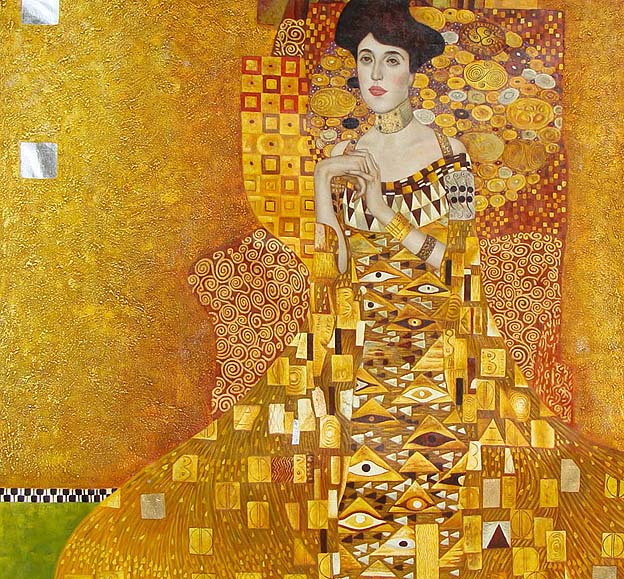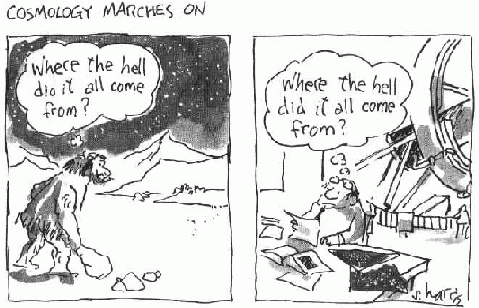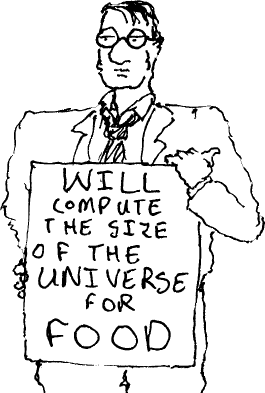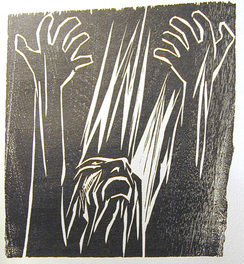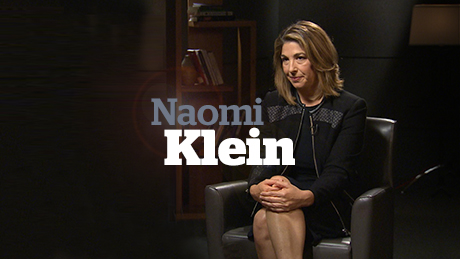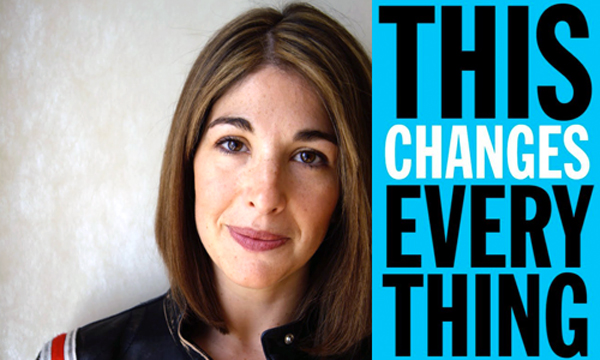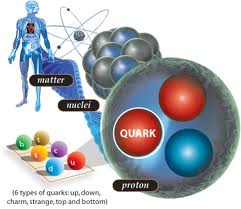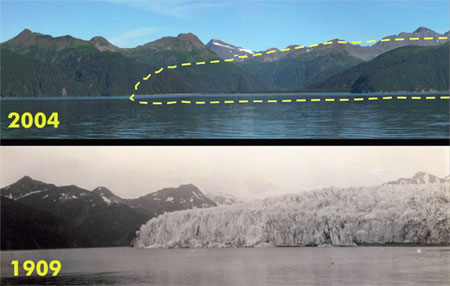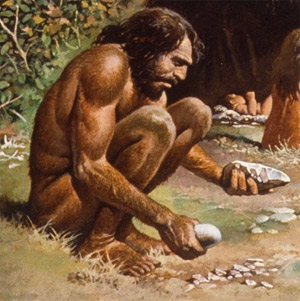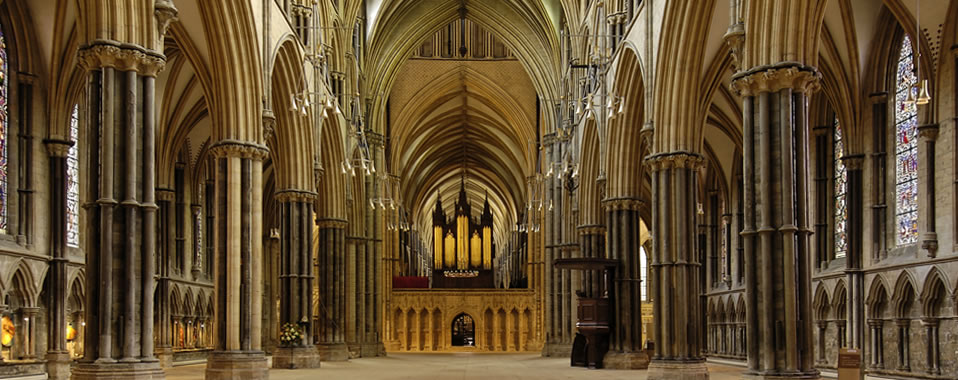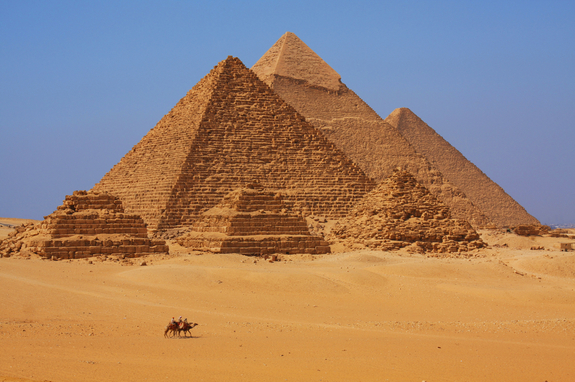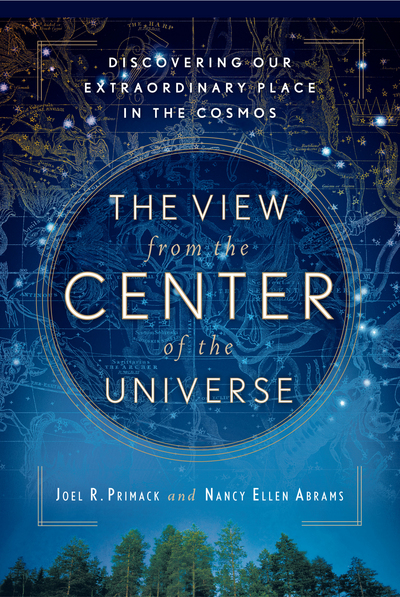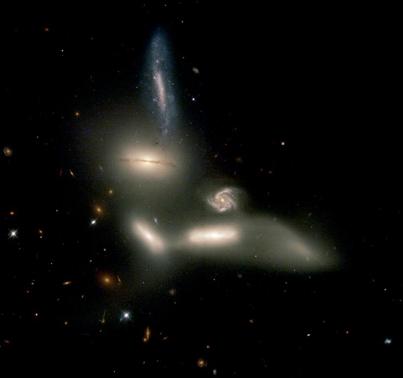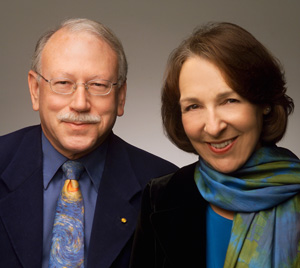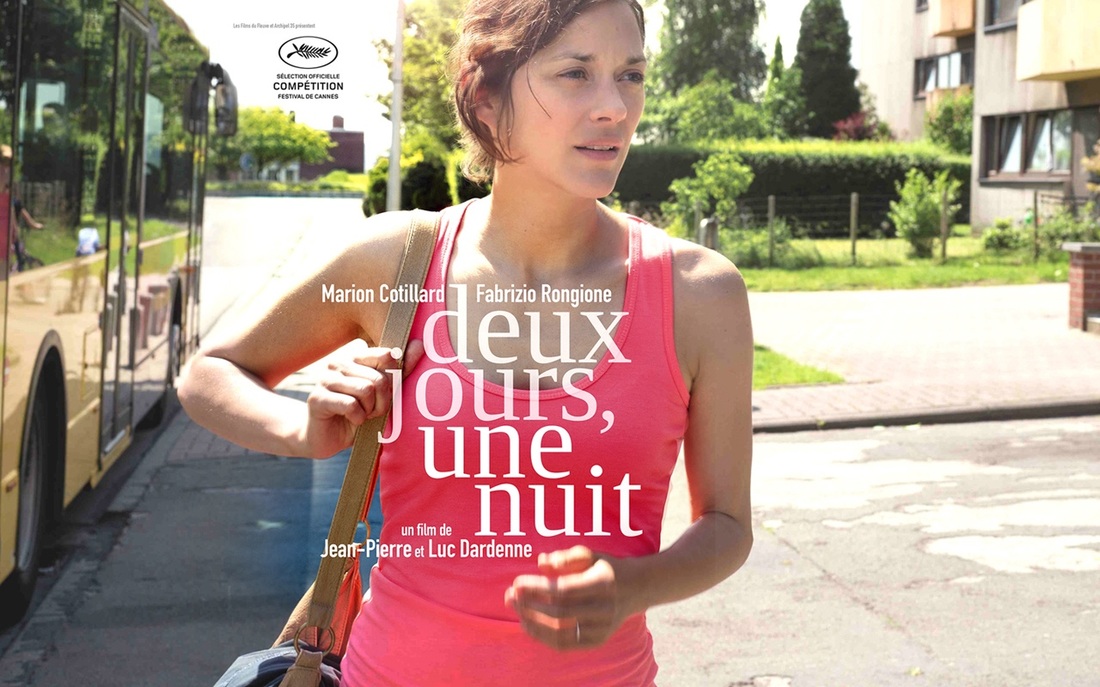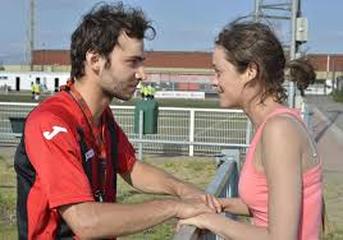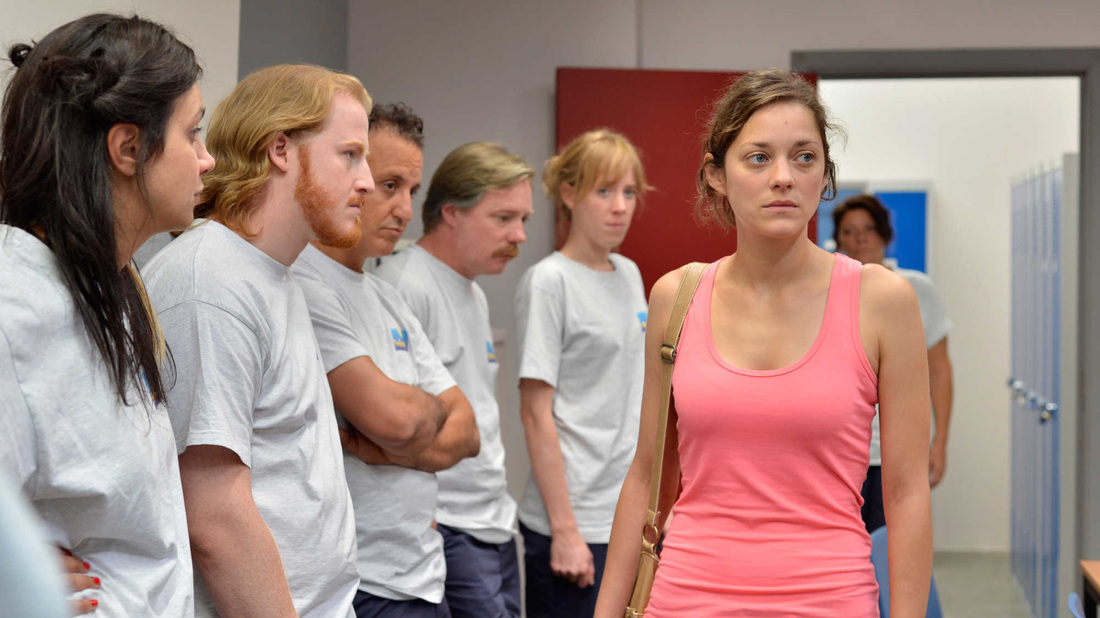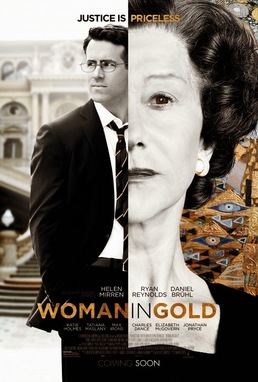
The painting in question is Gustav Klimt's Portrait of Adele Bloch-Bauer I which, like many works of fine art, was stolen by the Nazis during World War II. Since that time this painting has become world-renowned and a virtual icon of Austrian culture. The odds of having the Austrian government willingly part with this painting (valued at 100 million dollars) seem slim; nevertheless, one neophyte Californian lawyer and his elderly Austrian client decide to try.
I am intrinsically a sucker for such movies. In today's world of corporate greed, international cartels and government corruption, who doesn't thirst for justice for the "little guy" or "little old Austrian lady" in this case.
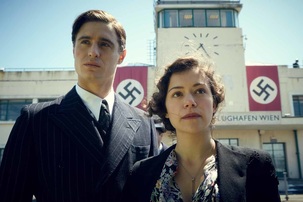
The movie, quite necessarily, involves many flashbacks to Maria's time in Vienna and the Nazi occupation. Never have I seen flashbacks handled with such grace, with such a lack of intrusion. Never do they seem to interrupt the flow of the movie. In director Simon Curtis's hands they seem as faithful a rendering of one woman's memory as it is possible to portray on screen.
The Woman in Gold is a very rewarding cinematic experience: an exciting, complex, satisfying, (yet not overly-predictable) story. The acting is first-class, the direction strong and understated. I will be quite surprised if Helen Mirren's performance does not win her another Oscar nomination for Best Actress.
very strong 8/10 www.youtube.com/watch?v=geJeX6iIlO0
